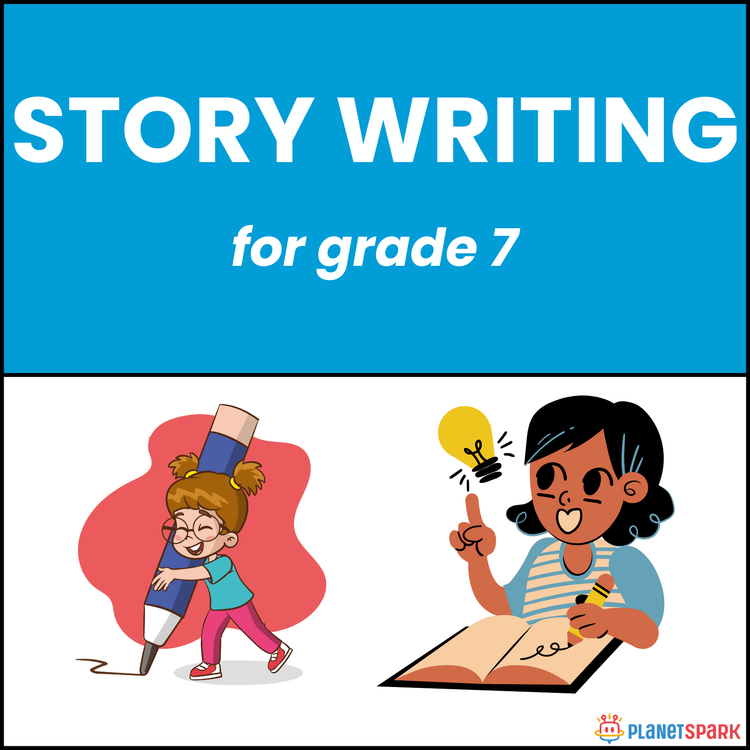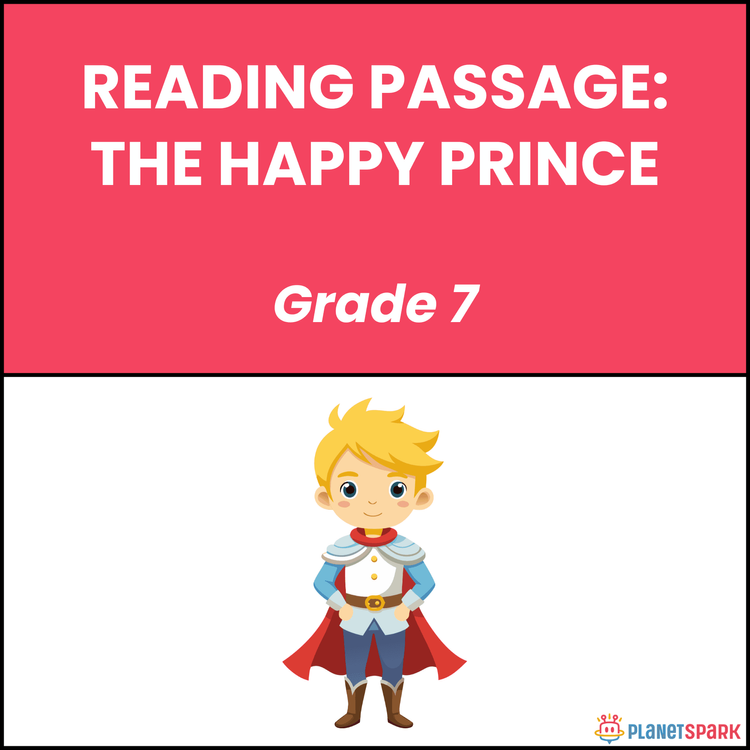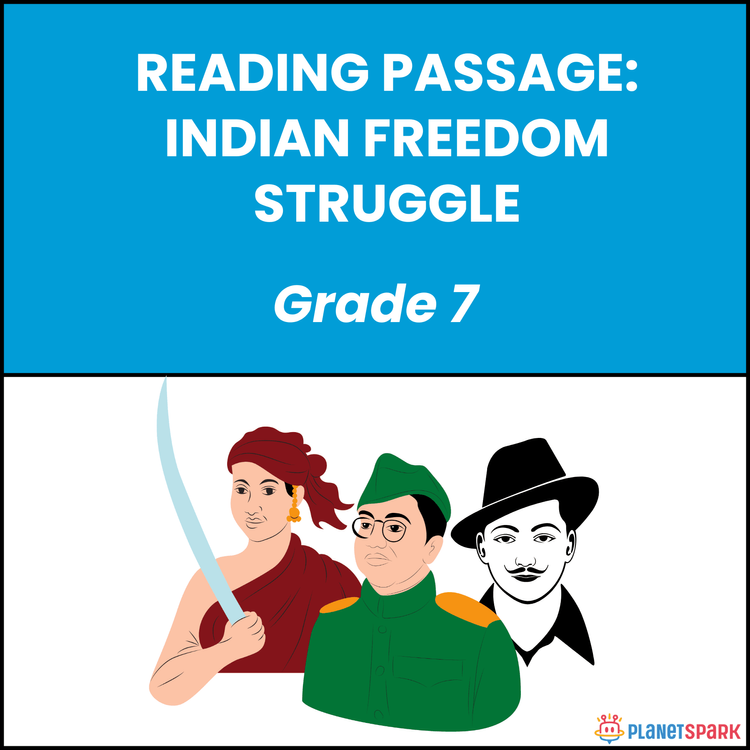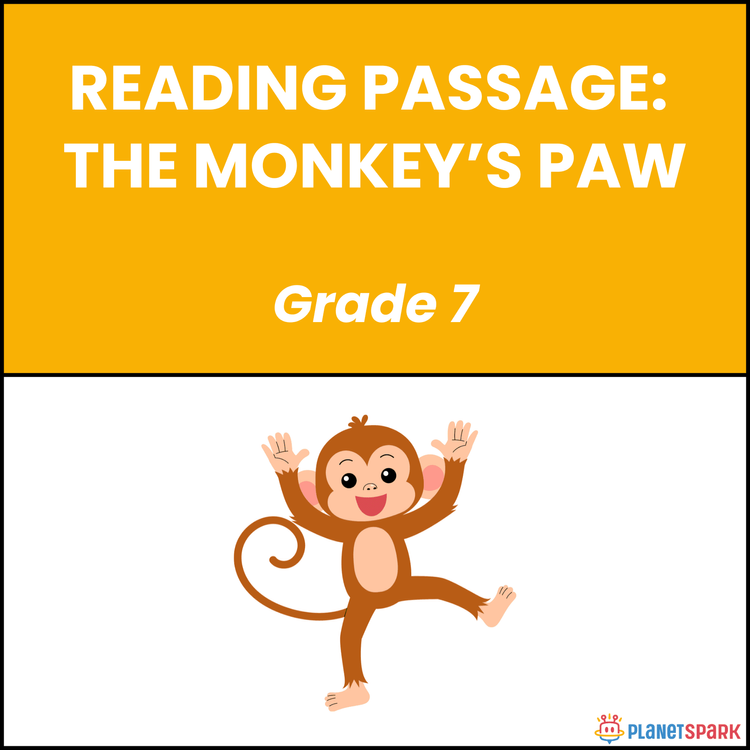Class 7 Reading Passage on Medieval India
Class 7Spoken EnglishFree DownloadPDF
Sweta SahaVisit Profile
I am an enthusiastic English teacher with 6 years of experience in inspiring students to develop strong communication skills and confidence. I create engaging lessons and foster a positive learning environment to help learners achieve their language goals and unlock their full potential.
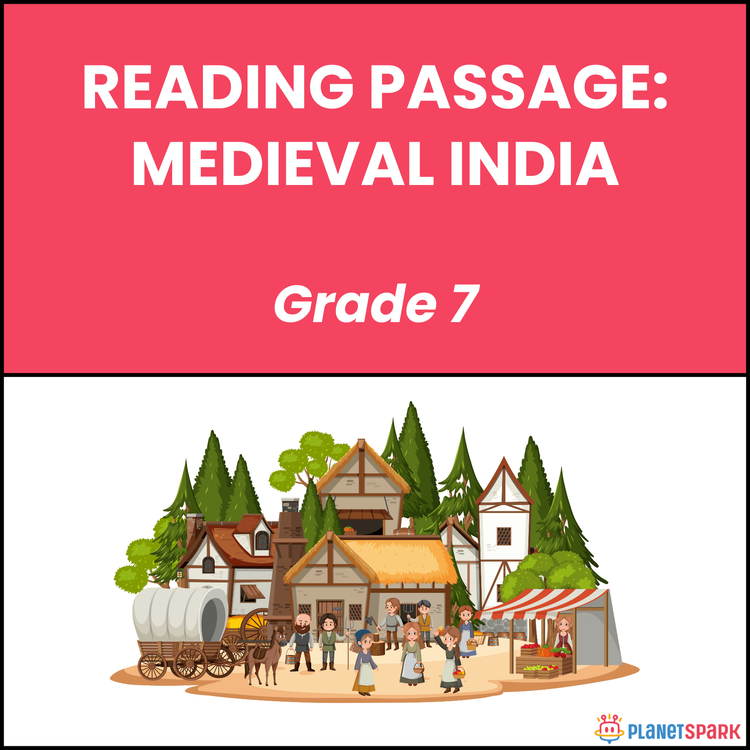

Class 7 Reading Passage on Medieval India
Class 7Spoken EnglishFree DownloadPDF
Sweta SahaVisit Profile
I am an enthusiastic English teacher with 6 years of experience in inspiring students to develop strong communication skills and confidence. I create engaging lessons and foster a positive learning environment to help learners achieve their language goals and unlock their full potential.
Empires and Echoes: Exploring Medieval India
This Class 7 reading comprehension worksheet takes students on a journey through the dynamic era of Medieval India, focusing on the rise of the Delhi Sultanate and the Mughal Empire. Learners will discover how these dynasties influenced India’s culture, trade, architecture, and governance — from Qutb-ud-din Aibak’s establishment of the Sultanate to Akbar’s flourishing Mughal reign. The passage strengthens comprehension and historical awareness through engaging questions that blend reading skills with social studies insight.
Why Reading About Medieval India Matters in Grammar?
1. It develops the ability to extract key information and summarize factual passages.
2. Students build vocabulary connected to history, culture, and governance.
3. It encourages analysis of historical influence on language and art.
4. Learners connect reading comprehension with real-world knowledge of heritage and culture.
What’s Inside This Worksheet?
This worksheet includes three structured comprehension activities:
Exercise 1 – Multiple Choice Questions
Students choose the correct answers about the Delhi Sultanate, the Mughal Empire, and their cultural contributions.
Exercise 2 – Short Answer Questions
Learners describe key dynasties, identify the Taj Mahal’s association, and explain the Delhi Sultanate’s cultural impact.
Exercise 3 – Deep Comprehension and Vocabulary
Students explore the influence of Persian culture, Mughal achievements, and identify a synonym for “flourishing.”
Answer Key (For Parents & Educators)
Exercise 1 – Choose the Correct Option
1. c) Qutb-ud-din Aibak
2. c) Grand architecture and art
3. c) Akbar
Exercise 2 – Short Answers
1. The Delhi Sultanate and the Mughal Empire were the two major dynasties of Medieval India.
2. The Taj Mahal is associated with the Mughal Empire, especially under Shah Jahan.
3. The Delhi Sultanate introduced Persian culture, art, and architecture to India.
Exercise 3 – Extended Responses
1. The Delhi Sultanate influenced Indian culture through architecture, language, and administration.
2. The Mughals succeeded due to strong leadership, economic growth, and effective governance.
3. The Mughals are known for achievements in architecture, culture, and trade.
4. Synonym for “flourishing”: Thriving
Help your child explore the richness of India’s medieval heritage through reading and reflection on art, culture, and leadership.
Frequently Asked Questions
It connects reading comprehension with cultural literacy and reasoning.
Students learn to find cause, effect, and key details in factual narratives.
By identifying topic sentences and grouping related facts logically.


